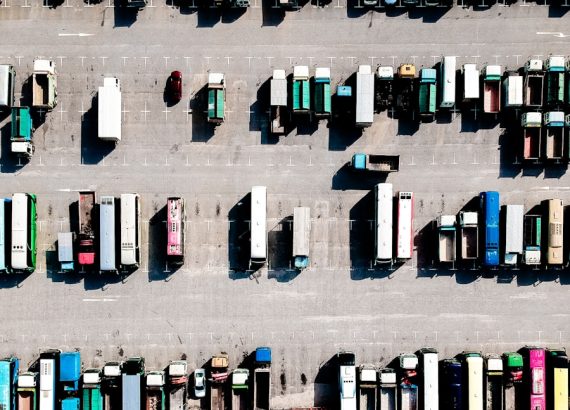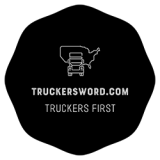The truth in trucking
Corruption in the trucking industry poses significant risks and challenges. From bribery and kickbacks to fraudulent practices, the industry’s underbelly is rife with unethical behavior. One of the most prevalent forms of corruption is the manipulation of safety regulations.
Trucking companies may engage in falsifying logbooks, neglecting vehicle maintenance, and pressuring drivers to exceed their hours of service limits. These actions not only jeopardize the safety of the drivers and other road users but also create an unfair advantage for companies that cut corners at the expense of compliance and safety. Furthermore, corruption in the trucking industry extends beyond safety violations.
It can involve fraudulent billing, tax evasion, and even organized crime infiltration. These illicit activities not only undermine the integrity of the industry but also contribute to economic distortions and unfair competition. The hidden dangers of corruption in trucking are far-reaching, impacting not only the industry itself but also the broader economy and public safety.
Uncovering the Truth: Corruption and Repair Shops in Trucking
Repair shops play a crucial role in the trucking industry, but they are not immune to corruption. Unscrupulous repair shops may engage in fraudulent practices such as overcharging for parts and services, performing unnecessary repairs, or using substandard parts while billing for premium replacements. These actions not only harm truckers by inflating maintenance costs but also compromise the safety and reliability of the vehicles on the road.
Moreover, collusion between trucking companies and repair shops can perpetuate corruption. Some companies may steer business to specific repair shops in exchange for kickbacks or other incentives, leading to inflated costs and compromised quality of service. Uncovering the truth about corruption in repair shops is essential for safeguarding the integrity of the trucking industry and ensuring that truckers receive fair and reliable maintenance services.
The Cost of Corruption: How it Affects Truckers and Consumers
The cost of corruption in the trucking industry is substantial, impacting both truckers and consumers. For truckers, corruption can result in financial exploitation, compromised safety, and unfair competition. When repair shops overcharge for services or perform unnecessary repairs, truckers bear the brunt of inflated maintenance costs, affecting their livelihoods and financial well-being.
Additionally, pressure from companies to engage in unsafe practices due to corrupt incentives puts truckers at risk of accidents and health hazards. Consumers also feel the impact of corruption in the trucking industry. When companies cut corners on safety and compliance to gain an unfair advantage, it compromises the overall quality and reliability of transportation services.
This can lead to increased risks on the road, potential delays in delivery, and ultimately higher costs passed on to consumers. The ripple effects of corruption in trucking extend beyond the industry itself, affecting the broader economy and public welfare.
Exposing the Schemes: Inside Look at Corruption in Trucking
Exposing the schemes of corruption in the trucking industry requires a deep understanding of the various forms it can take. From fraudulent billing and safety violations to collusion between companies and repair shops, these schemes thrive in environments where oversight is lacking and ethical standards are compromised. By shedding light on specific cases and patterns of corruption, stakeholders can better understand the scope of the problem and work towards effective solutions.
One common scheme involves falsifying maintenance records to conceal safety violations and avoid costly repairs. This not only endangers the lives of drivers and other road users but also distorts fair competition within the industry. Another scheme revolves around kickbacks and bribery, where companies or individuals offer illicit incentives to gain preferential treatment or contracts.
By exposing these schemes and their detrimental effects, efforts can be directed towards implementing measures to prevent and combat corruption in trucking.
Fighting Back: Efforts to Combat Corruption in the Trucking Industry
Key Is Knowledge The truth in trucking that trucking does not want you to know








